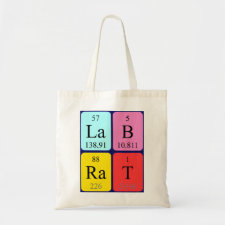
Authors: Madadian-Bozorg N, Zahedi P, Shamsi M, Safarian S
Article Title: Poly (methacrylic acid)-based molecularly imprinted polymer nanoparticles containing 5-fluourouracil used in colon cancer therapy potentially.
Publication date: 2018
Journal: Polymers for Advanced Technologies
Volume: 29
Issue: (8)
Page numbers: 2401-2409.
DOI: 10.1002/pat.4353
Abstract: The objective of this work was to synthesize molecularly imprinted polymer (MIP) nanoparticles based on methacrylic acid (MAA) monomer with a high selectivity against an anti-cancer drug, 5-fluorouracil (5-FU), as a template. In this case, the nanoparticles were prepared via precipitation polymerization in the presence of ethylene glycol dimethacrylate as cross-linker and azobisisobutyronitrile as initiator. Besides, 3 independent variables including MAA: 5-FU molar ratio (X1), temperature (X2), and time (X3) were investigated utilizing response surface methodology. The scanning electron microscopy and dynamic light scattering resulted the average diameter of approximately 65 nm, and the MIP nanoparticle sample with the imprinting factor of 1.57 was polymerized in optimized conditions as follows: X1 = 6: 1, X2 = 60 °C, and X3 = 3 days in acetonitrile as porogenic solvent. Also, Fourier transform infrared spectroscopy (FTIR) and thermogravimetric analysis confirmed the formation of MAA/5-FU complex and lower thermal stability of the washed MIP sample than the unwashed MIP and non-imprinted polymer (NIP) samples, respectively. Moreover, the optimized MIP nanoparticles have more controlled release of 5-FU rather than the NIP sample. Finally, the flow cytometry showed that 5-FU-loaded MIP sample has the highest apoptosis of human colon cancer cell line, HCT-116, after 3 days compared with NIP sample and also the exclusive use of drug
Template and target information: 5-fluorouracil, 5-FU
Author keywords: 5-fluorouracil, cancer, drug delivery systems, molecular imprinting, nanoparticles



Join the Society for Molecular Imprinting

New items RSS feed
Sign-up for e-mail updates:
Choose between receiving an occasional newsletter or more frequent e-mail alerts.
Click here to go to the sign-up page.
Is your name elemental or peptidic? Enter your name and find out by clicking either of the buttons below!
Other products you may like:
 MIPdatabase
MIPdatabase









